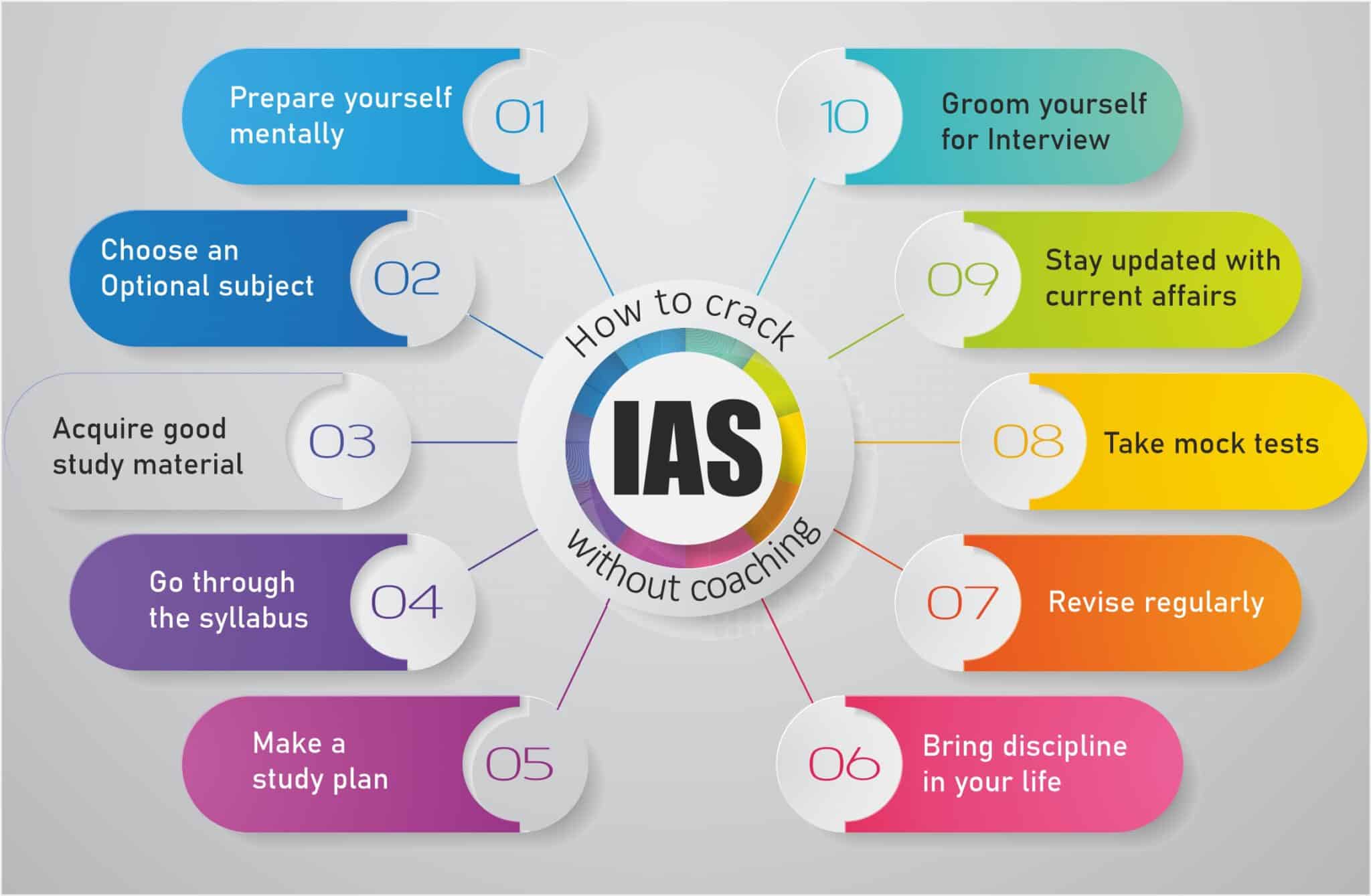The UPSC Exam is one of the toughest exams in the world. It tests the candidates on a broad range of topics. The UPSC Exam is conducted in two steps – the prelims and the mains. The UPSC Prelims is the first round, which is an eliminator. Only 5% of the appearing candidates manage to clear this round. Knowing the UPSC Syllabus is the first stage of the examination process. You need to build your foundation so that you can appear for the Mains exam.
Important Topics For the UPSC Prelims Exam:
The main reason the UPSC is such a challenging exam is because of the vastness of the syllabus, making it necessary for the candidates to know the important topics of the syllabus. Listed below are some vital areas that must be covered by all aspirants for the UPSC Prelims exam.
BYJU’s Exam Prep is a platform that assists UPSC aspirants to prepare for the UPSC Exam holistically.
- Current events of national and international importance: This topic covers current worldwide affairs and may include a vast range of politics, environmental issues, etc. Thus, aspirants must read newspapers daily to stay updated about the world’s affairs.
- History of India and Indian National Movement: This topic covers the ancient Indian history, including Indus Valley Civilization, Vedic Society, the Mahajanapadas, Buddhism, Jainism, the Mauryan empire, the Gupta empire; the Mediaeval Indian History including the Delhi Sultanate, Vijayanagara Empire, the Lodhis, the Sur Empire and its administration, etc. The Indian National Movement includes the rise of the British Empire and its expansion, the impact of the British raj on the economy and culture of India, the freedom struggle, and the aftereffects of Indian independence.
- Indian and World Geography: This topic covers the physical aspects of India, including the location, latitude, timezone of the country, the neighbouring countries, the physical features including plains, mountains, forests, plateaus, and deserts of the country. It also covers the different climates and seasons, minerals, natural resources, agriculture, natural flora and fauna, and the human geography of India. World Geography covers the aspects of the solar system, latitudes, longitudes, revolution, rotation, Earth’s axis, solar and lunar eclipses and tides, Earth’s interiors, including the lithosphere, hydrosphere, and biosphere, and the map work.
- Indian Polity and Governance: This topic covers aspects related to the preamble, schedules, articles of the Constitution, union territories, citizenship, fundamental rights, fundamental duties, directive principles of state policy, union, judiciary, state government, state executive, administration of particular areas, emergency provisions, centre and state relationship, interstate relationships, current affairs of the country, constitutional and nonconstitutional bodies, tribunals and special provisions for Scheduled Castes, Scheduled Tribes, Other Backward Classes, minorities and anglo-Indians.
- Economic and Social Development: This topic covers critical economic and social development, concepts such as HPI/MPI, GDI/GII, HDI, and TAI, the idea and causes of poverty, inclusion, and fiscal policy.
- General Issues on Environmental Ecology, Biodiversity and Climate Change: This topic covers aspects of biodiversity and ecology in the environment. Furthermore, this topic also explores the definition, causes, and impacts of climate change.
- General Science: This topic covers aspects of the universe, star formation, solar system, sun, nuclear fission, India’s three-stage Nuclear Power Programme, cells, carbohydrates, proteins, vitamins, fats, tissues, human digestive system, respiratory system, human neural system, nuclei acids, mitosis, atomic theory, five kingdom classification of animals and plants, biological classification, plant and its types, classification of the animal kingdom, classification of vertebrates, sexual and asexual reproduction in plants and animals, biotechnology, drug and alcohol abuse, human organs and systems.
How to prepare for UPSC Prelims without coaching?
Listed below are some ways in which aspirants can prepare for the UPSC Prelims without coaching:
- Self-Study: Self-studying is the best way to prepare for UPSC Prelims. Since the syllabus of the prelims is huge, aspirants must ensure to study all the syllabus topics by creating a proper plan.
- Study every day: Aspirants must devote some time daily to studying for prelims. Without learning every day, it will be impossible to cover such a vast syllabus before exams.
- Networking: With the help of networking, aspirants can get some insights into the experiences of other aspirants who have already given or cleared the UPSC Prelims. This way, they will get a profound idea about the exam.
- Solve previous years’ question papers: Solving previous question papers will give the aspirants a fair idea about the critical topics of the exam and the type of questions that are frequently posed.
- Solve Mock Tests Frequently: Like previous years’ question papers, mock tests also give an insight into the type of questions that come in the UPSC prelims. They also help aspirants understand their strengths and weaknesses and subsequently assist them to work on them.
- Revise and recollect: Revision is one of the most important ways to study for competitive exams. Without revising what they have learned before, aspirants will not be able to recollect answers during the exam.
Since the UPSC Exam is a challenging exam, aspirants must prepare for it thoroughly. If you are looking for a platform to guide you through the preparation process of UPSC prelims, then BYJU’s Exam Prep is the right platform for you. Join BYJU’s Exam Prep to access exclusive content related to UPSC Prelims!
